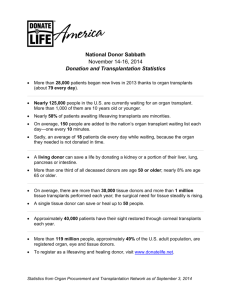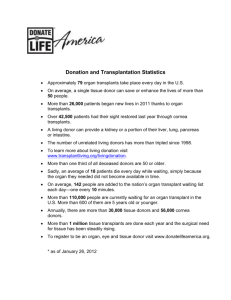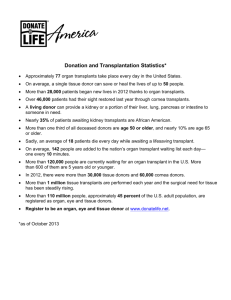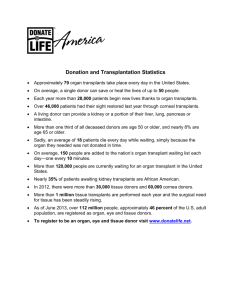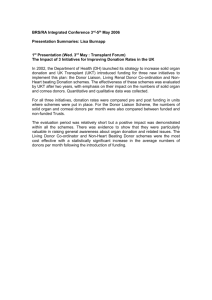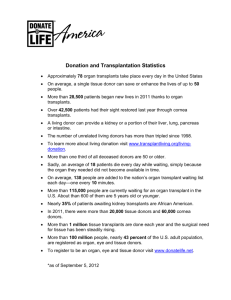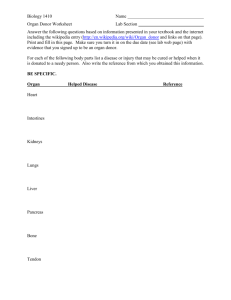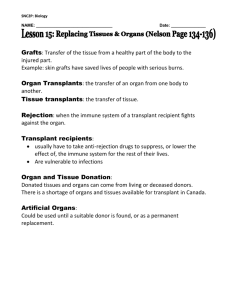PSG Newsflash
advertisement
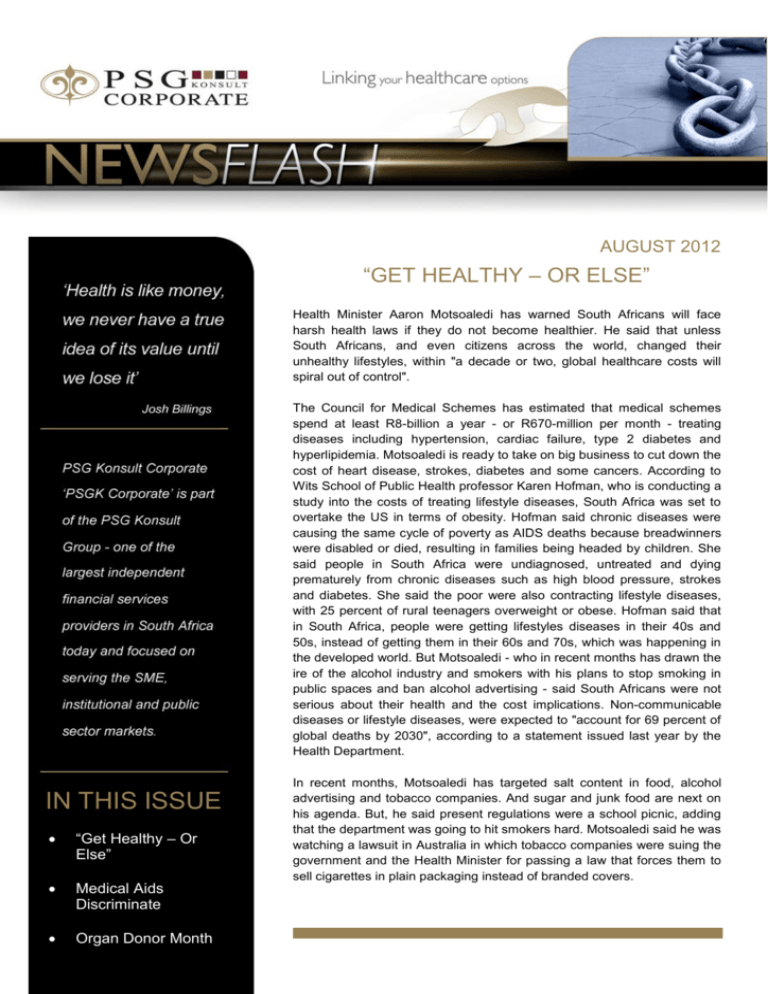
AUGUST 2012 “GET HEALTHY – OR ELSE” Health Minister Aaron Motsoaledi has warned South Africans will face harsh health laws if they do not become healthier. He said that unless South Africans, and even citizens across the world, changed their unhealthy lifestyles, within "a decade or two, global healthcare costs will spiral out of control". The Council for Medical Schemes has estimated that medical schemes spend at least R8-billion a year - or R670-million per month - treating diseases including hypertension, cardiac failure, type 2 diabetes and hyperlipidemia. Motsoaledi is ready to take on big business to cut down the cost of heart disease, strokes, diabetes and some cancers. According to Wits School of Public Health professor Karen Hofman, who is conducting a study into the costs of treating lifestyle diseases, South Africa was set to overtake the US in terms of obesity. Hofman said chronic diseases were causing the same cycle of poverty as AIDS deaths because breadwinners were disabled or died, resulting in families being headed by children. She said people in South Africa were undiagnosed, untreated and dying prematurely from chronic diseases such as high blood pressure, strokes and diabetes. She said the poor were also contracting lifestyle diseases, with 25 percent of rural teenagers overweight or obese. Hofman said that in South Africa, people were getting lifestyles diseases in their 40s and 50s, instead of getting them in their 60s and 70s, which was happening in the developed world. But Motsoaledi - who in recent months has drawn the ire of the alcohol industry and smokers with his plans to stop smoking in public spaces and ban alcohol advertising - said South Africans were not serious about their health and the cost implications. Non-communicable diseases or lifestyle diseases, were expected to "account for 69 percent of global deaths by 2030", according to a statement issued last year by the Health Department. IN THIS ISSUE “Get Healthy – Or Else” Medical Aids Discriminate Organ Donor Month In recent months, Motsoaledi has targeted salt content in food, alcohol advertising and tobacco companies. And sugar and junk food are next on his agenda. But, he said present regulations were a school picnic, adding that the department was going to hit smokers hard. Motsoaledi said he was watching a lawsuit in Australia in which tobacco companies were suing the government and the Health Minister for passing a law that forces them to sell cigarettes in plain packaging instead of branded covers. AUGUST 2012 “Get healthy – or else” continued… He said if the Australian Health Minster wins, he was going to follow her example. Two weeks ago South Africa passed a law to force food manufacturers to reduce the amount of salt in processed food including bread, gravy, spices and margarine. Manufactures have until June 2016 to comply. The department's head of non-communicable diseases Professor Melvyn Freeman said reducing salt in food was the obvious thing to do. The department also limited artificial trans fats - linked to heart disease, obesity and some cancers - to two percent in all foods in regulations published last year. Freeman said the Health Department was certainly concerned about the food sold in school canteens and about the amount of junk food that was being eaten and the sugar intake by South Africans. According to a study published in the PLoS Medicine journal this month, South Africans consumed 254 cans of Coke per person in 2010, compared with a worldwide average of 89. Hofman said there were now two million type 2 diabetics in South Africa and the cost of offering primary healthcare to all of them and screening blood glucose levels was R3.5-billion a year before medicine was even dispensed. Katharine Child: The Times, 23 July 2012 MEDICAL AIDS DISCRIMINATE The Council for Medical Schemes (CMS) has requested an urgent meeting with the National Consumer Commission (NCC) after the watchdog called schemes sexist and discriminative. The NCC wanted rules imposing the three-month general waiting period and a 12-month "condition specified" waiting period to be declared unconstitutional and said it had challenged four schemes and the CMS at the Equality Court. But CMS chief executive and registrar of medical schemes, Monwabisi Gantsho, said neither the CMS nor any of the medical schemes it regulated had been served with court papers. He said the CMS expected the national consumer commissioner's response to the meeting request soon. Londiwe Buthelezi: Business Report, 23 July 2012 AUGUST IS ORGAN DONOR MONTH In 2010 there were 604 transplants performed in South Africa, which included 25 heart . transplants, 36 liver transplants and 260 cornea transplants. Organ transplantation is now a highly successful procedure and it is considered routine surgical practice for treating many chronic diseases. Over the past 50 years, surgeons have made great strides in kidney, liver, heart or lung transplantation. At least 21 different organs including hearts, livers and kidneys, and tissues including corneas and bone marrow can now be successfully transplanted into patients. Organ recipients can expect to live for years or even decades after receiving a transplanted organ. Despite the progress made over the years, all too often there are no suitable organs available to meet the increasing demand. For more information on events, or to register as an organ donor please contact the Organ Donor Foundation on 0800 22 66 11 or visit their website: www.odf.org.za. Contact your PSG Konsult Corporate advisor for more information on any of the topics contained in this newsflash The information and views contained in this document are of a general nature are not intended as advice as defined in the Financial Advisory and Intermediary Services Act (“FAIS”) and should not be construed as such. Please consult your professional financial advisor for advice before making any financial decision. NEWSFLASH PAGE 02
